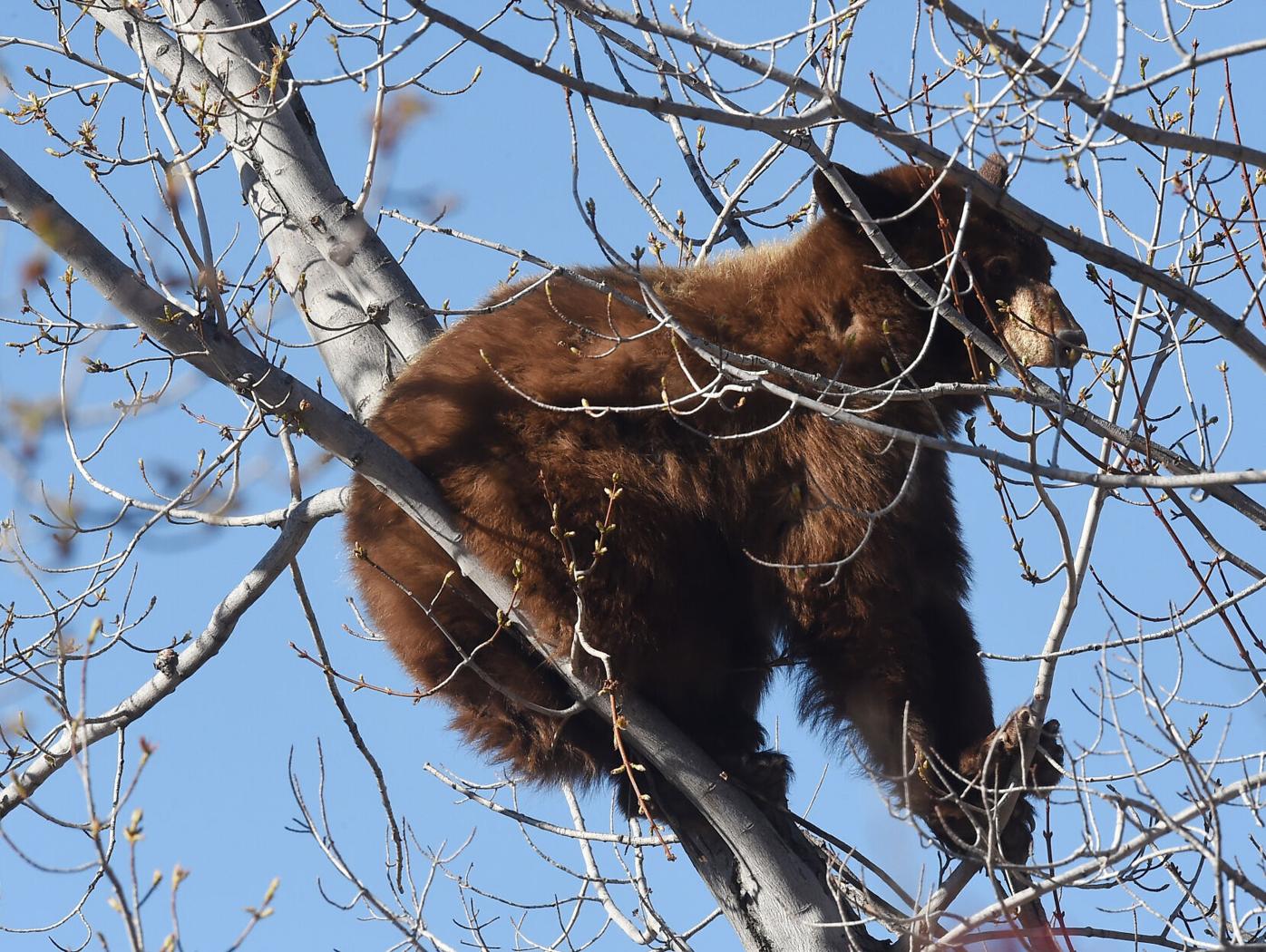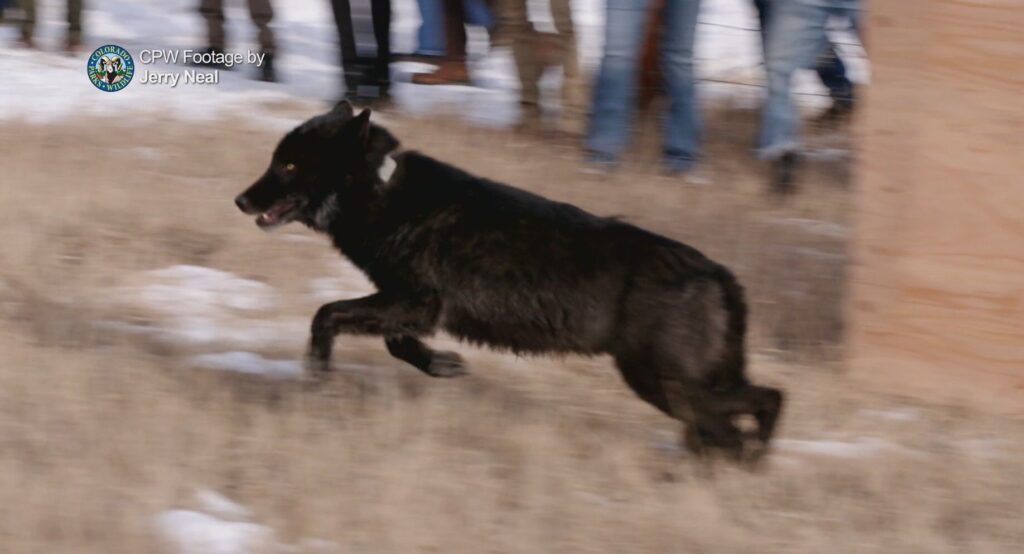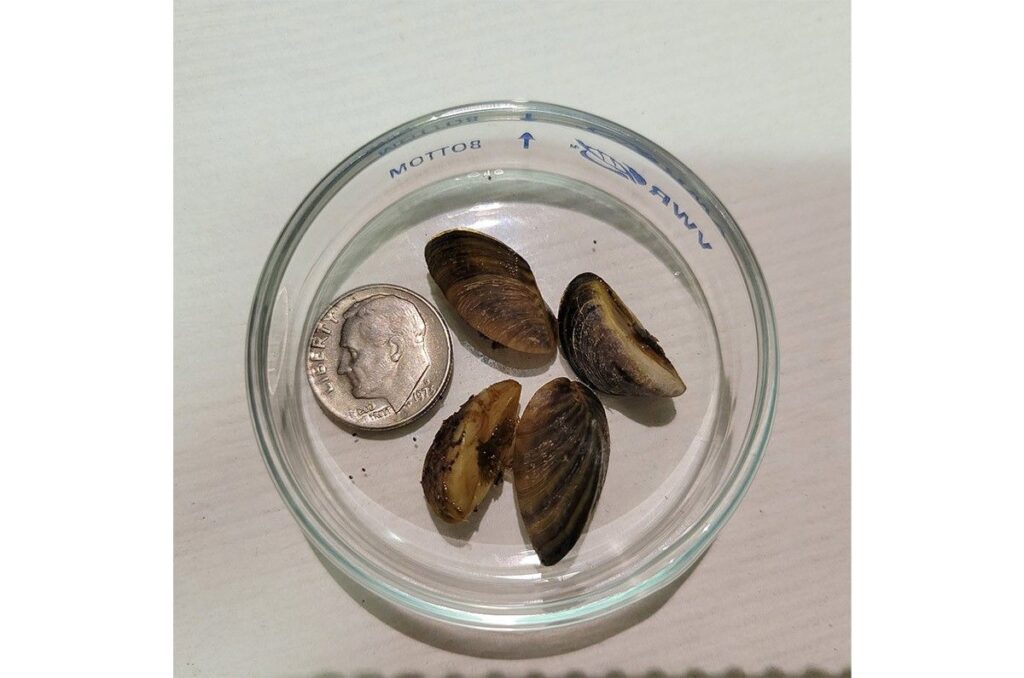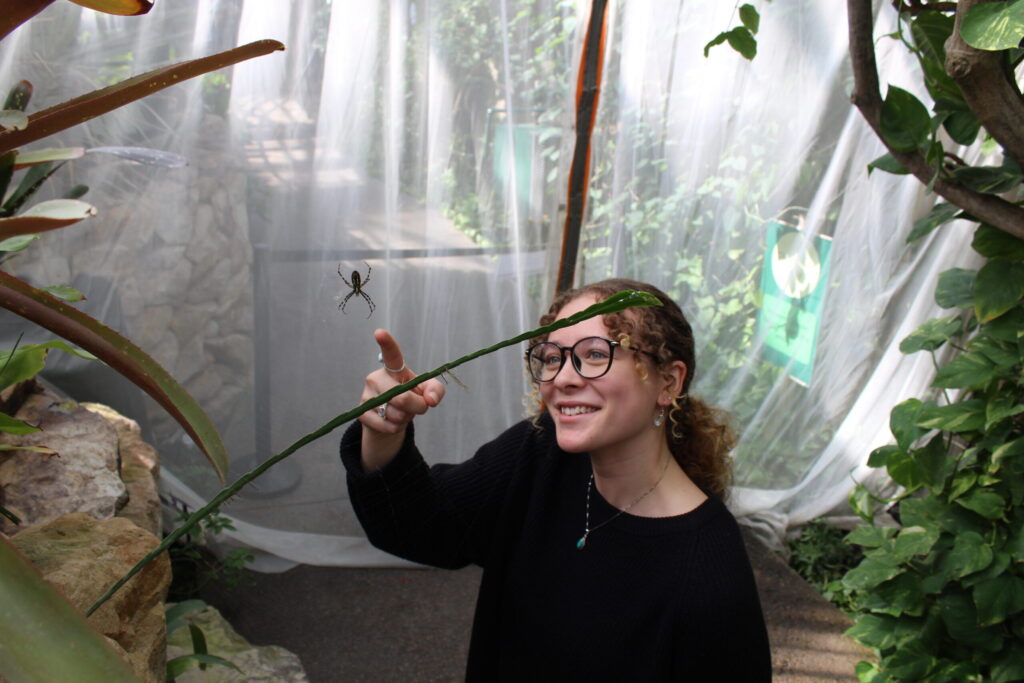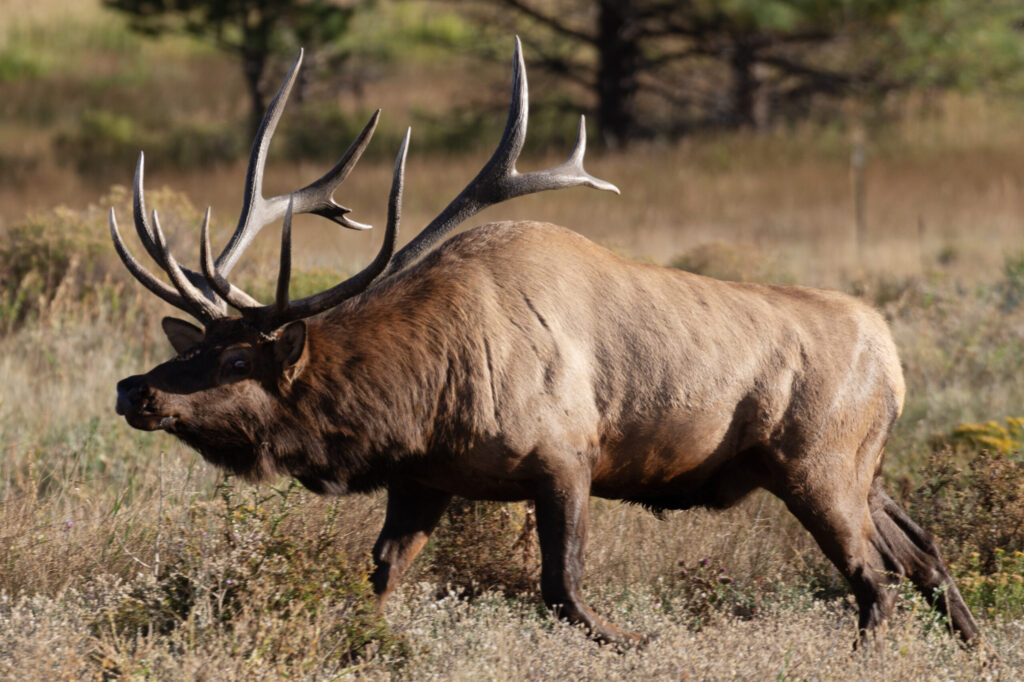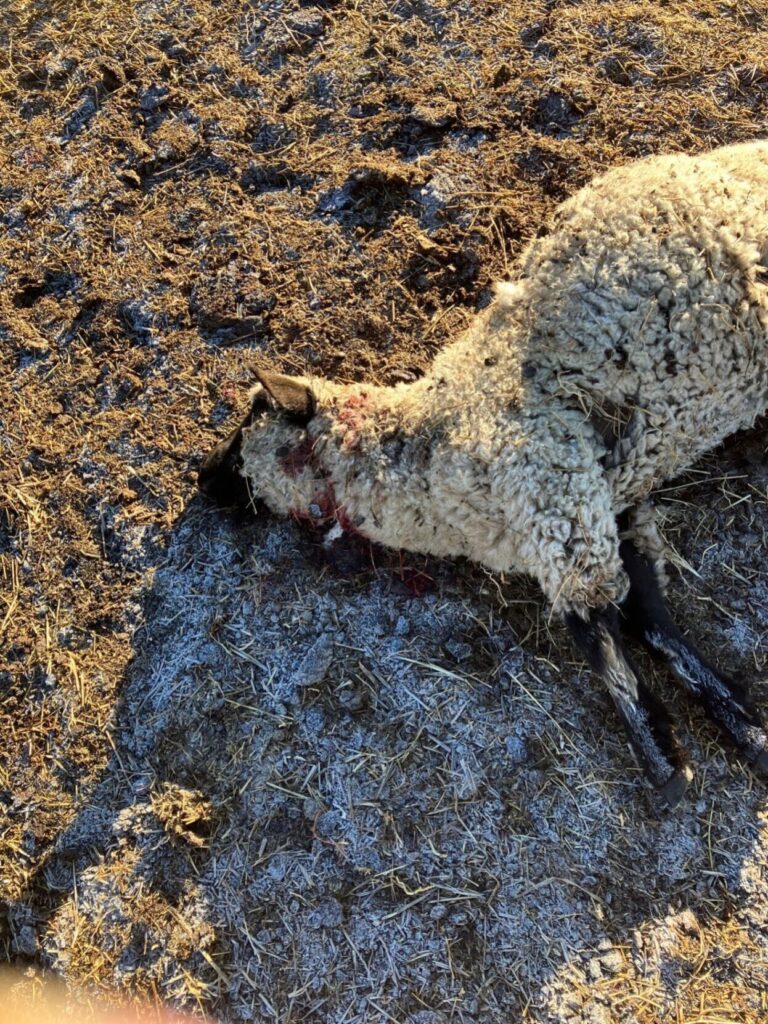Bear electrocuted, another euthanized in what Colorado wildlife officials call ‘preventable tragedies’
Spring has arrived in Colorado with warmer temperatures, occasional rain showers and baby bears, along with their protective mothers.
Colorado Parks and Wildlife is reminding residents how they can protect themselves and the black bear population this season.
This year, two bears have already died in what wildlife officials are calling “preventable tragedies.”
Man shoots and kills dog in northeast Colorado Springs
In Manitou Springs on Tuesday, a bear was inside a garbage bin outside a home when it was startled, causing it to “race” up a nearby power pole, and was electrocuted, Parks and Wildlife officials said.
“Garbage kills another bear,” the agency said in a tweet Tuesday.
“Lock your garbage. Be Bear Aware. Keep cubs alive,” wildlife officials added.
On Sunday, the agency announced that a black bear had to be euthanized after it repeatedly entered a home in the Broadmoor neighborhood in southwest Colorado Springs.
According to officials, the wooded area surrounding the neighborhood is known to be a prime habitat for bears.
On May 1, the bear allegedly entered the home through an open door in a mudroom.
“The homeowner found muddy paw prints in the house and closed the door. Before he had left the area the bear had opened the door and was back inside the house. The bear was reluctant to leave their kitchen. Only after yelling and banging pots and pans did the bear retreat and leave the home,” according to a news release.
Wildlife officials set up a camera and discovered the bear was returning to the home each night around the same time.
On May 5, the bear entered a trap after returning to the home. Officials said the bear was humanely euthanized, a necessary action for any bear that enters an “occupied home.”
According to the agency, the homeowner was cited for feeding the bear, along with other “big-game.”
“It’s extremely fortunate no one was injured by this bear when it confronted the homeowners in the kitchen,” said Tim Kroening, Parks and Wildlife’s area wildlife manager for the Pikes Peak region. “This bear had become habituated to people, associating them as a food source. This created a dangerous situation when the bear was confronted in a confined space in the home.”
Parks and Wildlife is offering tips on how you can protect yourself, and the bears, as they mosey out of hibernation.
“Bears share space with a rapidly growing human population,” the agency said on its website. “They will explore all possible food sources.”
Black bears require about 20,000 calories a day to store enough fat to successfully hibernate through the winter months.
“Bears will work very hard to get the calories they need,” wildlife officials said.
Cited as being curious, intelligent and “very resourceful,” bears can cause serious damage, and won’t hesitate to search for food near homes, campgrounds, vehicles and throughout the community — and if they find what they’re looking for, they will come back for more.
Parks and Wildlife said most bears in Colorado are active from mid-March through early November. As their food sources dwindle, they’ll make their way back to their den.
Meeting set for long-awaited nature center in northern El Paso County
According to the agency, the best way to prevent bear-people interactions is to never feed big-game or provide them with access to food. People should lock their food up when outside or camping by either using a lock-box or storing food in the trunk of a car.
If you encounter a bear, make as much noise and movement as possible by waving your arms, yelling and stomping your feet.
“Black bears are very wary of people and other unfamiliar things,” wildlife officials said. “Their normal response to any perceived danger is to run away or climb a tree.”
“Every time we’re forced to destroy a bear, it’s not just the bear that loses. We all lose a little piece of the wilderness that makes Colorado so special.”






